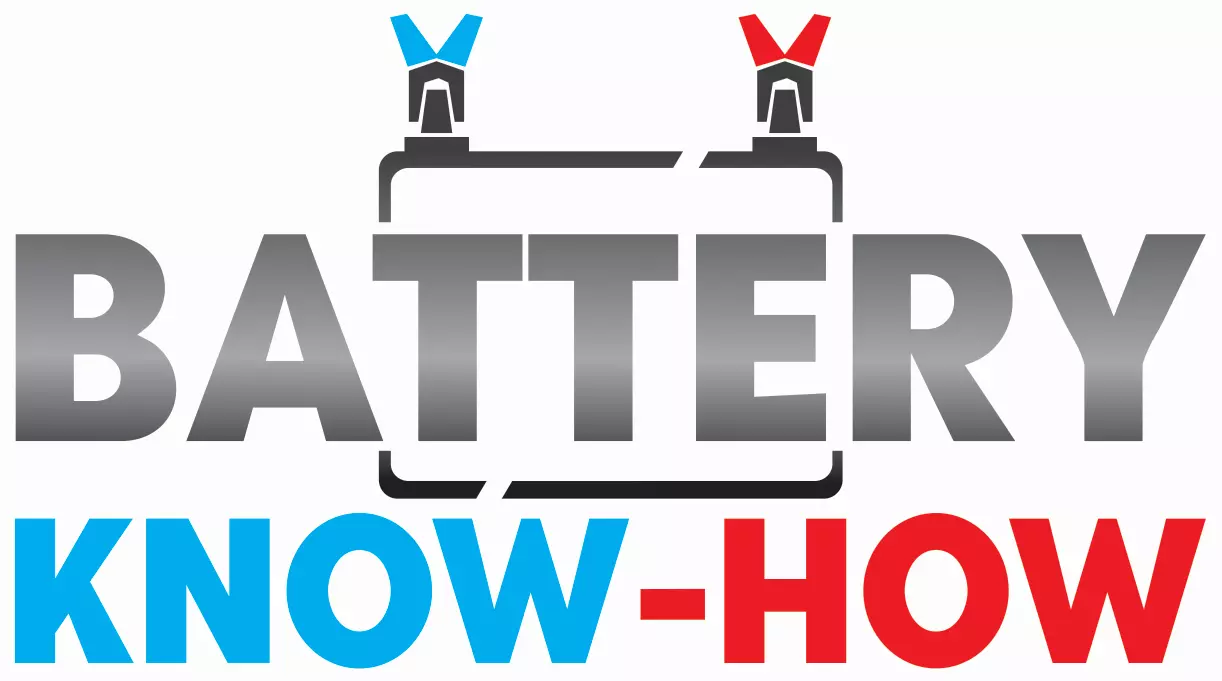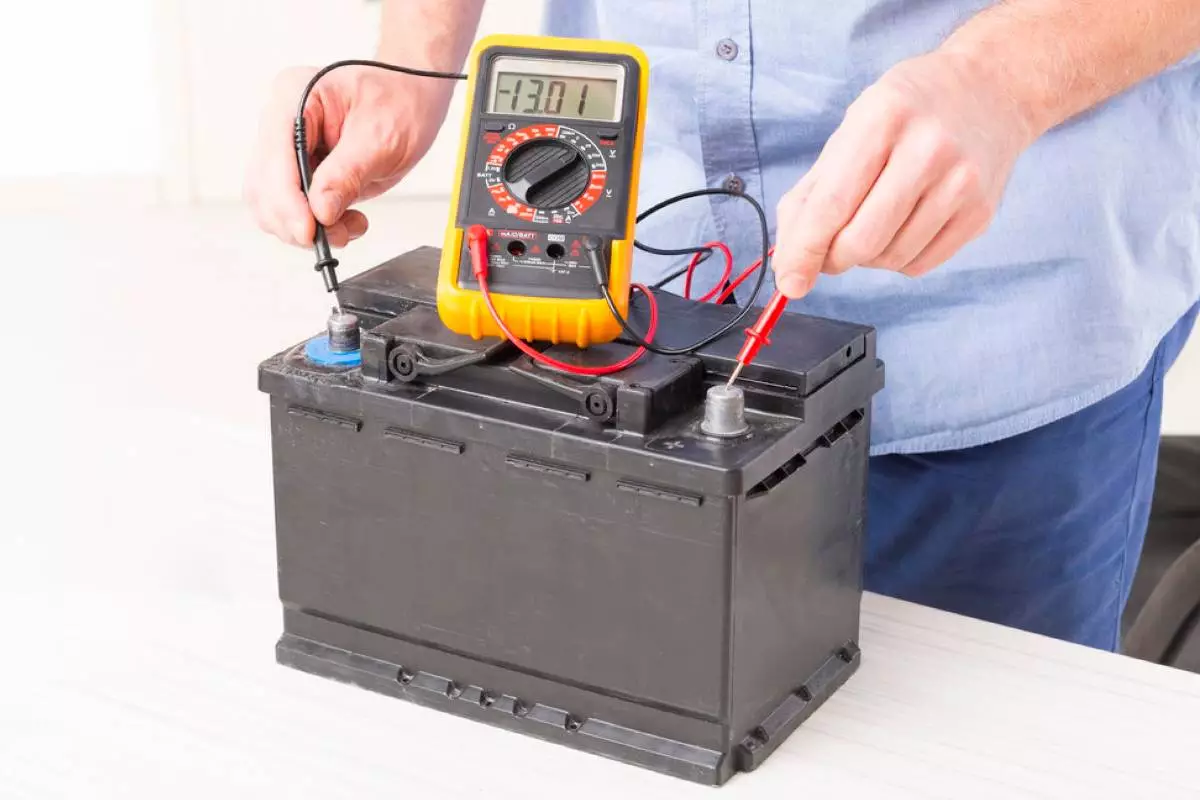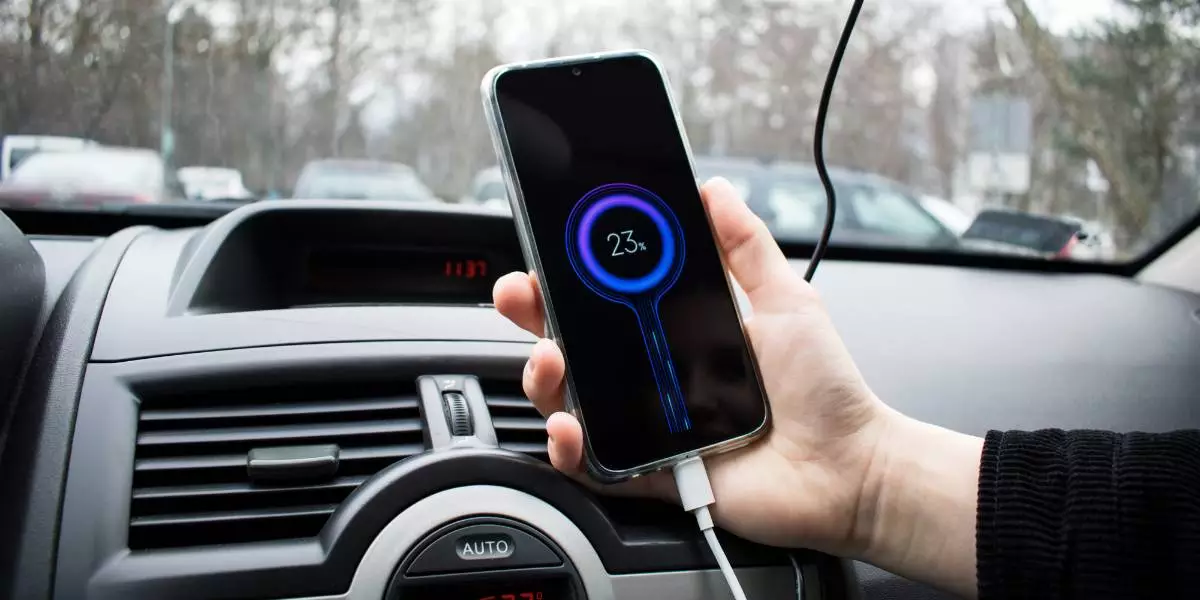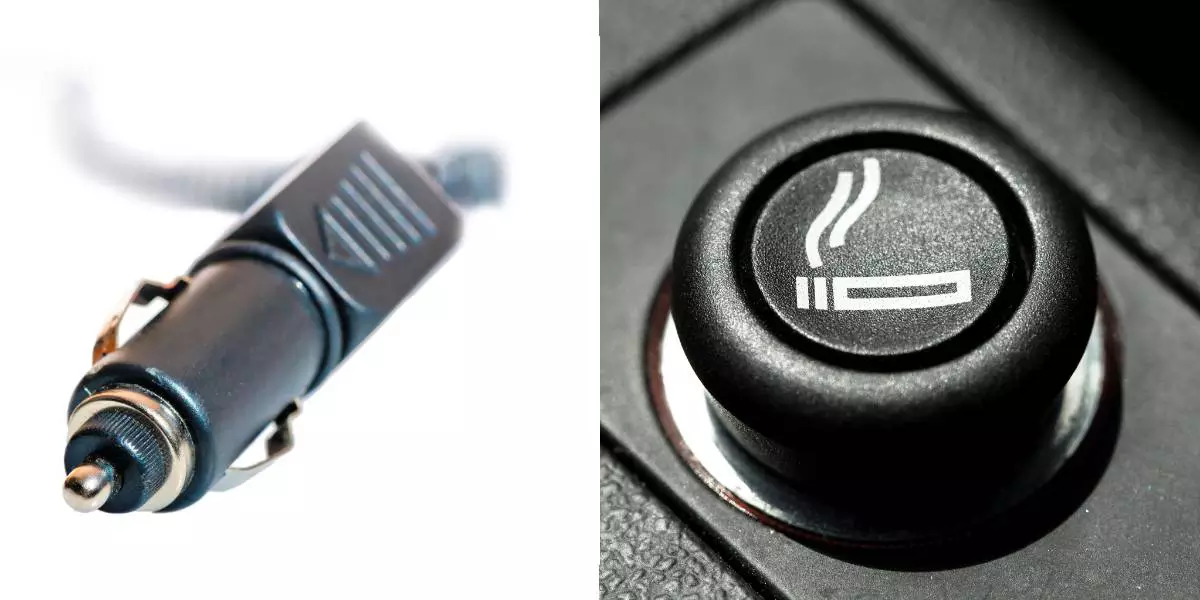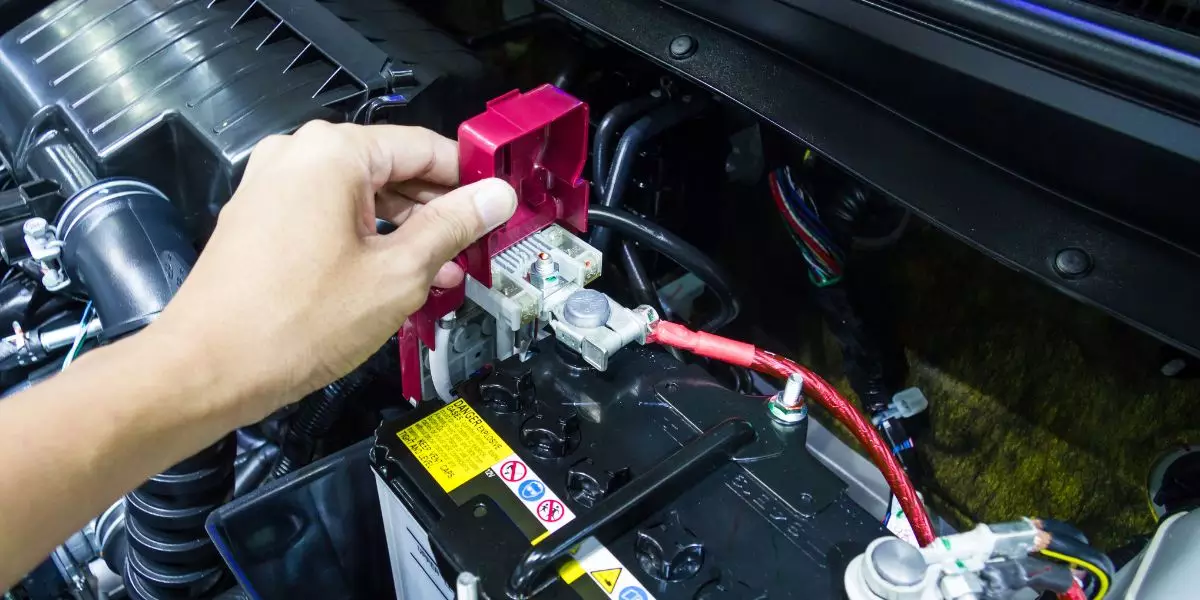Purchased a brand-new marine battery? Wondering whether you will need to give it a charge or whether it is ready to go straight off of the shelf? All of your questions are going to be answered on this page.
Marine batteries will have some charge when you purchase them. However, it is only going to be enough to start up your boat. We doubt there is going to be enough power in them to keep you chugging along for hours on end.
Let’s go into a bit more depth on this. This way, you will know everything there is to know about purchasing brand-new marine batteries.
Marine Batteries Will Likely Have Some Charge
It is exceedingly rare that you will receive a marine battery with no charge whatsoever.
All batteries are tested before they are shipped out. This testing involves ensuring that the battery not only takes a charge but will hold it. Of course, this means that there will be a small amount of juice left in the battery when you receive it.
Some Marine Batteries Will Come More Charged Than Others
Finally, we want to point out that the quality of the battery will impact how much charge your marine battery will have when it arrives.
Better quality batteries have better tech. This means that the rate of discharge is a lot smaller. In fact, some manufacturers are charging their batteries up to 100% before shipping them out, although this still does seem to be quite rare.
If you buy a cheap battery, then expect it to have a minimal charge in it. It probably would have been charged for testing purposes and not a whole lot more.
If The Battery Has No Charge When You Buy It, This Could Be a Problem
If the batteries are fully discharged when you receive them i.e. there is no power in them at all, then you may actually have a problem.
This could potentially indicate two things.
Firstly, the batteries may not be able to hold a charge. While the charge on a battery will naturally dwindle over time, it shouldn’t really be discharging to the point where there is no power in the battery at all.
Secondly, the battery may have been sitting on the shelf a little bit too long. This could mean that the battery has expired.
In both cases, you are probably going to want to be returning your marine battery. A marine battery with no charge indicates that the battery is broken in some way, and it is only going to be giving you a ton of hassle if you decide to keep it.
The Charge Likely Won’t Be Enough To Power Your Boat
Chances are that while there will be some juice left in those batteries, it won’t be enough to power your boat.
If you have a starter battery, then this may be enough to give your boat a little bit of a kick to start it. However, that is about it.
If you are using the battery to various pieces of equipment on the boat, then we doubt there will be enough charge in the battery to power it for more than an hour or two, and that is really going to be pushing it. Although, remember some boats will have charging systems built-in, so you may not need to put it on a proper charger.
You Should Charge Your Marine Batteries When You Receive Them
Right away, you will want to charge your marine batteries. After all, you don’t want to put a partially discharged battery in a boat and find that it breaks down in the middle of nowhere. This probably isn’t going to be the most pleasant experience in the world!
Don’t worry about the so-called ‘memory effect’ on batteries. Most of the marine batteries that you can buy nowadays will not suffer from the memory effect. Not that it really matters, anyway. Even if they did suffer from the memory effect, a single charge wouldn’t have that much of an impact. It only happens when you continually charge before the battery has fully discharged.
Don’t worry about overcharging your battery here. Most chargers nowadays should be intelligent enough that they can prevent overcharging. Some people will leave their marine batteries plugged in overnight to charge them. However, we do recommend that you unplug the batteries from the charger as soon as you can once they hit 100%. You don’t want the batteries to overheat. This could cause problems too.
If you don’t have a smart charger, then find out what the output voltage of your marine battery is. You will then want to charge the battery until it is a little bit over that output voltage. You can use a multimeter for this, however, we do encourage you to look up a guide because you don’t want to get this part wrong. It isn’t dangerous to measure the voltage of a battery, but if you do not do it correctly, you won’t get a proper reading.
You Should Not Fully Discharge Your Marine Batteries
Now, this part is incredibly important. Under absolutely no circumstances should you fully discharge your batteries, particularly if they are deep-cycle marine batteries.
A lot of people will find some way to discharge batteries that they purchase before they charge them. However, this is just going to completely destroy the battery.
A deep cycle marine battery, for instance, should only ever be discharged down to 20% of its capacity. Any more than that, and we doubt that your battery will last all that long.
You should always check manufacturer recommendations to know exactly when you should be recharging that battery.
Conclusion
Marine batteries will likely have some charge in them when they arrive. However, chances are that the battery will not be fully charged. This means that you may need to charge the battery before you use it in your boat. It is important that you ensure that you use a modern charger here. This will help prevent your battery from overcharging which, of course, could damage it.
